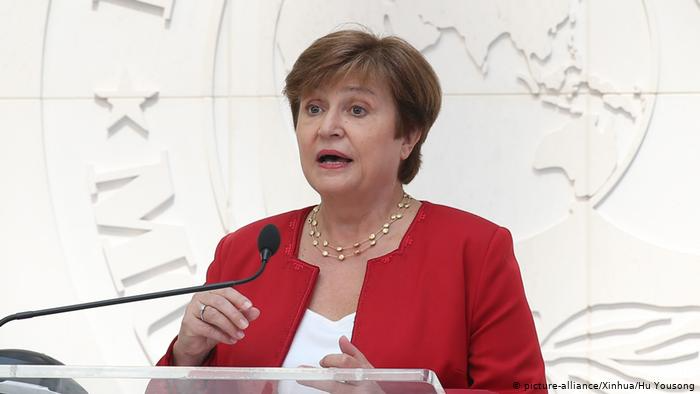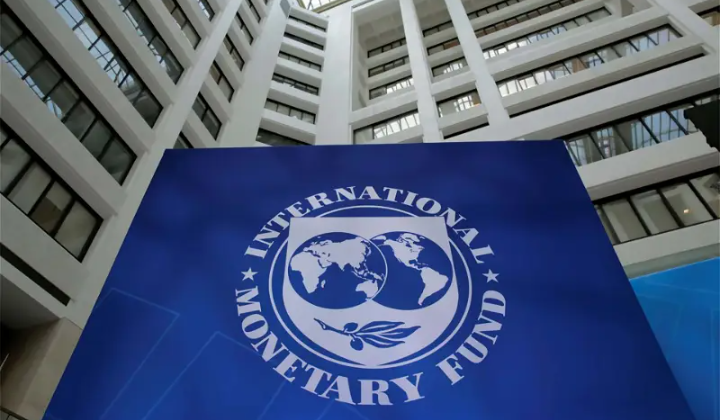Kristalina Georgieva, the managing director of the International Monetary Fund (IMF), says African governments must remove trade barriers to increase the continent’s per capita income. Georgieva said “international cooperation is weakening at a time the world needs it most, adding that the bridges that connect countries are corroding as trade and investment barriers rise. The …


